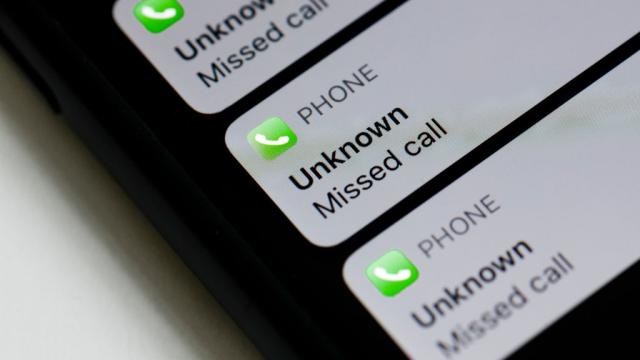These days, it’s becoming increasingly easy to be scammed. Many of us are smart enough to know that we haven’t won a $10 million dollar jackpot without buying a ticket, sure. But while we are getting smarter, so are scammers’ tactics.
What you need to know about scam calls
A report from the ABC estimates that Australians have lost almost $36 million in scam calls in 2020 alone. Scammers are getting smarter by scamming us with issues that are close to us, like impersonating the Australian Taxation Office.
The Australian government is in the process of introducing new rules that will require telcos to take action to help stop spam calls. The scheme from the ACMA asks that telcos publish information to help Australians manage and report scam calls, share information with other telcos about scams and report identified scam calls to authorities.
But there are still things we can all do individually to avoid scams. Some commonly known scam schemes going around right now include:
- One ring and drop – Victims find a missed call from an international number. Upon calling back they are charged an expensive international rate and are coerced into staying on the phone longer. The tactic is often for the caller to ring once and then hang up, not giving the victim enough time to answer.
- The ATO scam – calls that seem to be from a legitimate ATO phone number have asked victims for payment details and personal information.
- Coronavirus misinformation – Some scammers are impersonating government agencies by sending false COVID-19 safety information. Usually received via text, the user is encouraged to click a link to see whether they have been impacted by an outbreak or if they are eligible for coronavirus financial assistance.
How to protect yourself from scam calls
When it comes to scam calls, there are a few basic things you can do to protect yourself. Checking the Scamwatch website is a good start. The website tracks the types of scams going around and issues alerts about what they are and how you can avoid them.
Some general tips that Scamwatch suggests are:
- Don’t click on hyperlinks in text/social media messages or emails, even if it appears to come from a trusted source.
- Go directly to the website through your browser. For example, to reach the MyGov website type ‘my.gov.au’ into your browser yourself.
- Never respond to unsolicited messages and calls that ask for personal or financial details. Even if they claim to be a from a reputable organisation or government authority — just press delete or hang up.
- Never provide a stranger remote access to your computer. Even if they claim to be from a telco company such as Telstra or the NBN Co.
- To verify the legitimacy of a contact, find them through an independent source such as a phone book, past bill or online search.
- Beware of any requests for your details or money. Never send money or give credit card details, online account details or copies of personal documents to anyone you don’t know or trust. Don’t agree to transfer money or goods for someone else.
- Be wary of unusual payment requests. Scammers will often ask you to use an unusual payment method, including preloaded debit cards, gift cards, iTunes cards or virtual currency such as Bitcoin.
- Be aware that scams exist. If it looks or sounds too good to be true, it probably is.
- If you get a call from a number you don’t recognise, don’t answer it and check for a voicemail message.
Scam calls can be the worst but one of the best weapons we have available is to share information. If you or a family member has been scammed, make sure to warn others about how it happened. And report scams to Scamwatch so that others can be informed too.

Leave a Reply
You must be logged in to post a comment.